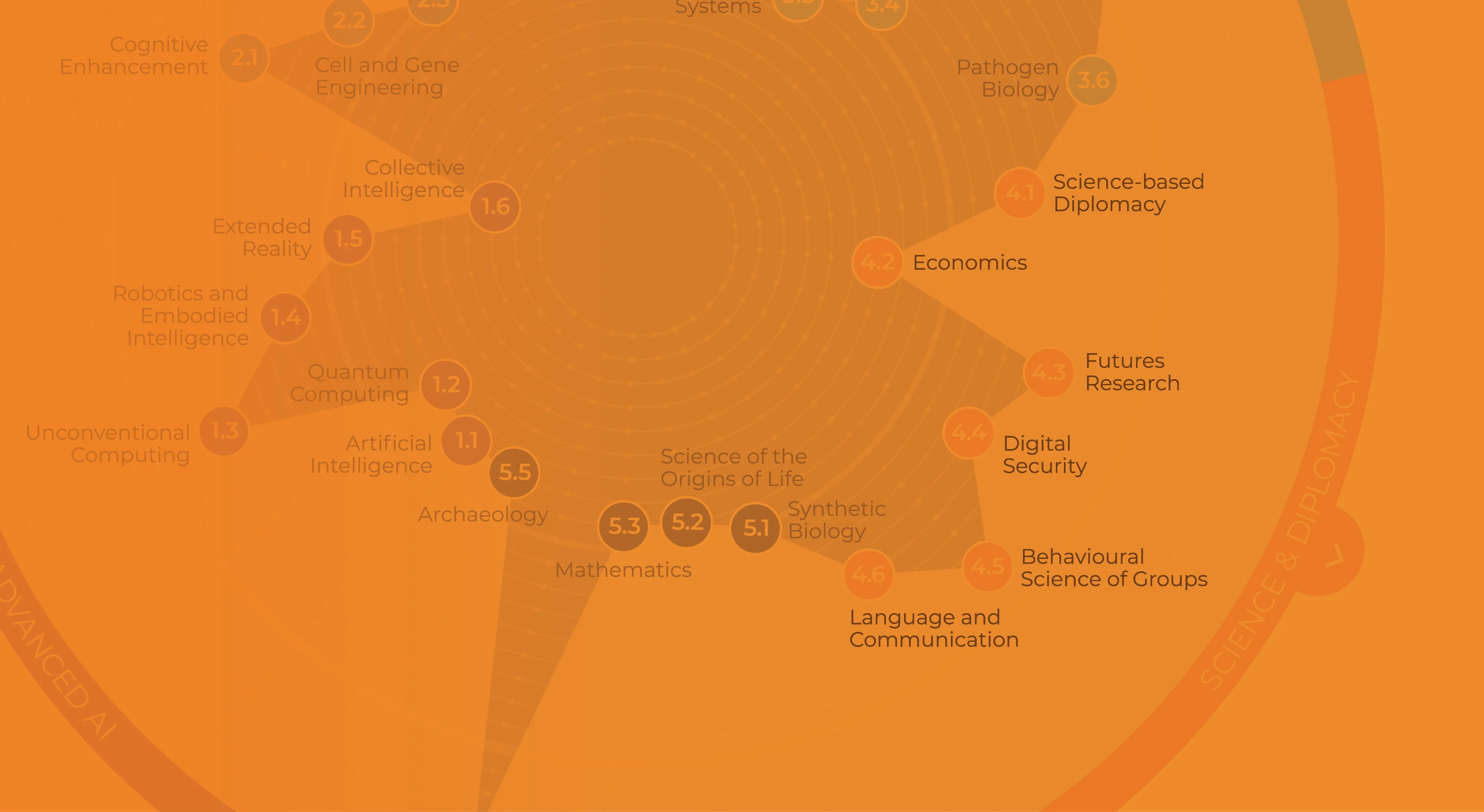Containing deep insights into anticipated advances in the relations between Science & Diplomacy over the next 5, 10 and 25 years, the GESDA Pulse of Science provides the expert opinions of leading researchers in topics such as digital security, economics, futures research, group behaviour and language.










